So where did I leave you last time? With this weird text:
The neglect of a possible own death changes basic assumptions of moral and ethical theory and forces the rethinking of fundamental principles of our society, including democracy and inviolable human rights, as well as a questioning of personal value systems for decision making. The resulting moral theory may at first glance appear contrary to the current notion of good and evil, but, like any moral system, it will not be fully implemented by humans. The morality ultimately practiced, which arises when people assume that they are immortal, is to a large extent congruent with what is considered ideal, but not practical, according to current moral concepts related to death. Someone who is truly convinced of his own immortality, that is, who believes in it, will automatically make decisions that we today attribute only to a saint, even if his reasoning seems immoral.
So what does the above text even mean? Is it true? Can it even be true? What are the implications if it were?
Lots of questions. Let’s try to bring in some structure of what I have to do to in order to answer them.

1. Definitions. Loads of them.
What even are words? How have others defined the terms I am going to use? Have these definitions changed alongside history? Do I maybe need to coin new terms in order to be more precise? Have others already expressed similar theories? Yeay, more questions, please.
We can answer the first one right here and now:
The point of attaching sequences of letters to particular concepts is to let two people communicate—to help transport thoughts from one mind to another
Eliezer Yudkowsky, Rationality: From AI to Zombies, What Do I Mean By “Rationality”? (I am currently at the very beginning of reading The Sequences, and so my judgement about them is still open, but regarding structure and style, I can definlty see this blog approuch that one)
The difficulty now only remains in finding the right sequences of letters to export my thoughts into the world. Quite the challenge. This will basically require a deep dive into fields of philosophy, human thought, linguistics, social science up to theology.
But just because I might stumble upon the right words, those that exactly match the ideas I want to present doesn’t mean you already know them. For instance, I could have elaborated linguistics in the last paragraph and instead write: diachronic linguistics. It matches the question “Have these definitions changed alongside history?” a lot better, but neither of us necessarily know what that word even means.
More precise words can actually decrease clarity. And unclarity can not only have huge and real impacts (I am looking at you Mr. Bible-Writer), it can also subtly hinder the process of acquiring knowledge itself.
So all I wanted to bring across is, that we need a very good, but simple definition. Ideally, this definition of atermism lies in the sweet spot between precision and clarity. And that’s where the next part comes in:
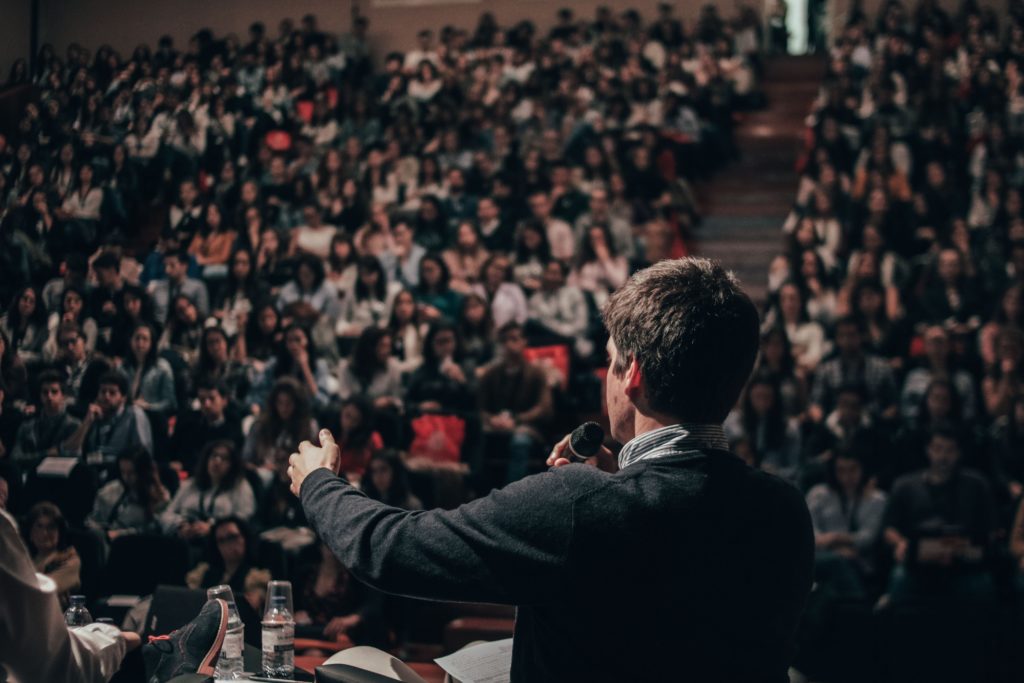
2. Explaining it to 5-year-olds (…you)
In order to prove or disprove any idea you want to maximize the number of people thinking about the issue, but minimize the number of people thinking about slightly deviated understandings. More people, with more educational backgrounds, more life experiences and simply more time, is always better. But the risk of dangerous misunderstanding is greatest when you think your points are aligned, but in reality, you talk at cross purposes.
I often find it very difficult to have a discussion with people I agree with. I mean what are you supposed to say? And not too often I find myself wanting to quit the conversation, sick of reiterating points both parties already know. But when I stop myself and dig deeper I often find weird inconsistencies in the way I and others express their arguments. And then the reason becomes clear: we don’t actually agree. Our underlying values couldn’t be more different, but they are buried so deep in virtue signalling and going-with-the-safer-arguments that we miss the opportunity to put our ideas into battle.
On the completely other site are people speaking in a foreign language or people with strong dogmatic beliefs. Here the tension is immediately clear and often no discussion arises. But again, if we took the time to understand each other languages or belief-systems, an argument could have been sprung up.
In both cases, whether or not an argument is missed because you thought you already agreed, or because no common layer of understanding was present, only one thing can help. A precise (meaning it would be impossible for two differing viewpoints to both agree) but clear (meaning very little groundwork has to be done in most cases) explanation, is what is needed. And to arrive at this explanation basically requires a full study of communication and teaching. This is something I am actually currently planning, by enrolling into communication psychology.
But what to do if we have the maximum of people that can constructively discuss atermism? What should all these educated smart-heads do all day?

3. Ruthless Questioning
The hardest (and I presume life-long) task will be the rigorous scientific and rhetorical analysis of atermism. Answering not only if it is true, but whether it should be true, requires one to simply be wise. Something very hard, if not impossible, to achieve, but something one can crowdsource. Something where a high-rung thinking group can outperform any individual.
“The wisdom of the crowd.” While this one has been highly controversial for centuries, and there are countless examples of bad democracies performing worse than good monarchies (Duh. Fair comparison. Now that I write this, I am actually not sure. Could somebody check if there actually are examples?), I could never have written this essay, neither could you be reading it, without cooperation. We would all be running around like the guy from Primitive Technology. Just without the video uploading and still-being-alive part.
If all you naturalists just cried out aloud, I get it. None of the depictions of “modern society with technology = gooood, old nature hippies = baad” should be blindly accepted, but that’s not the point. No matter how you look at it, the fact is: collective scepticism is the best chance we puny apes have to arrive at truth.
Most people think the scientific process looks something like this:

But I think it is a lot more violent then the cute cat suggests. If theories had feelings, then the scientific revolution would have been horrible. That’s why I think this is a more fitting image of science:
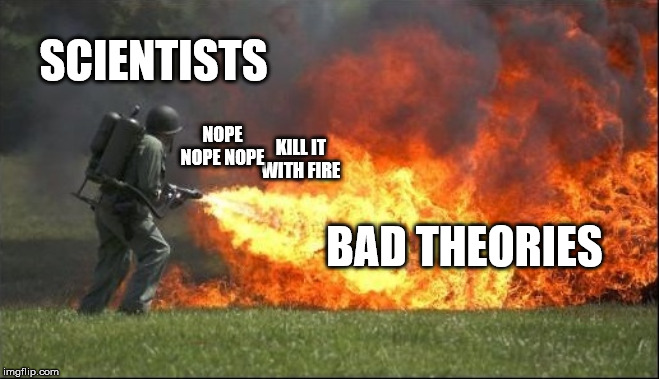
(Yes, I just made that up.)
The thing is: sometimes, and very rarely, theories survive for a while. Some ideas turn out to be aerogel after all:
We all gather around the fire and marvel when this happens. We feel proud to be part of a time in history when good theories are born out of the burning. But we forget the hard work that went into making those ideas fire prove. The effort of hundreds of people and countless hours that went into all those ideas that a single pyromaniac destroyed in an instant. And the single one that survived.
So let us get together, take out our Not-a-Flamethrowers and try to burn atermism to the ground. And rebuild it. And burn it again.
Okay. Enough cheesy jokes and fire references. You may ask, what’s next? What would come after the hardest part, after proving the theory of atermism? What more could you want?
The problem with theories is, that they are just nice.
But they can’t run Crysis. Ehm, I mean, they aren’t always practical. Same thing. Ok, I’ll stop. This is serious stuff.
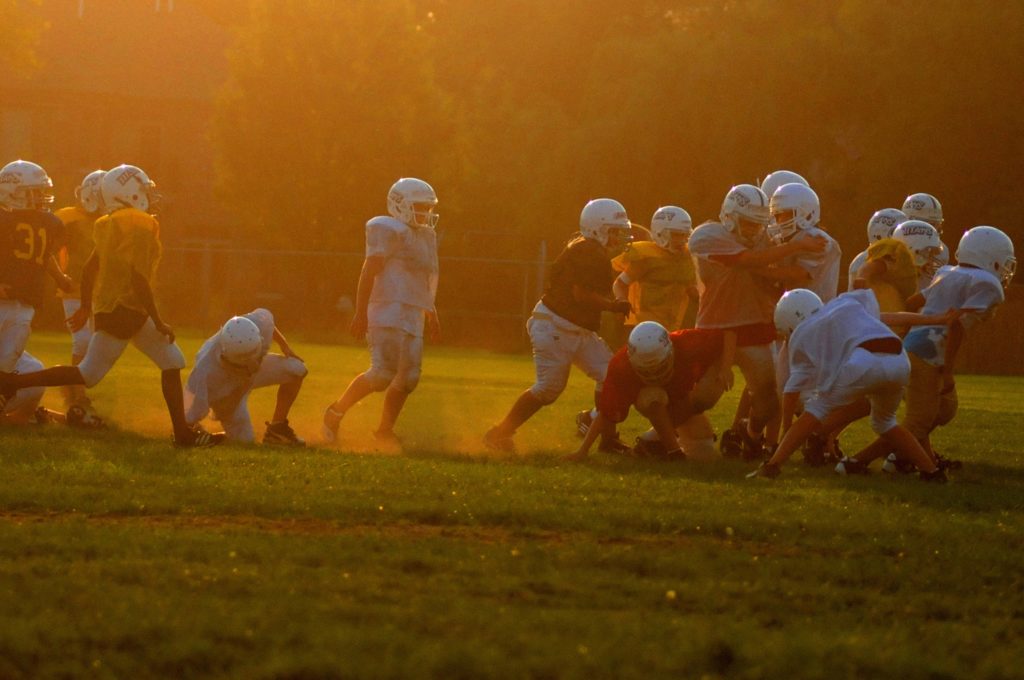
4. Practice. Practice. Practice.
No, it’s not. This is the fun part. And maybe the most important. I also think this part will be the most interesting to you.
To prove my ideas in the real world will require self-experimentation, engineering, running start-ups, coaching companies, investing, building, farming, just to name a few. It will involve tears of failure, despair, success and awe. And a lot of learning on the way.
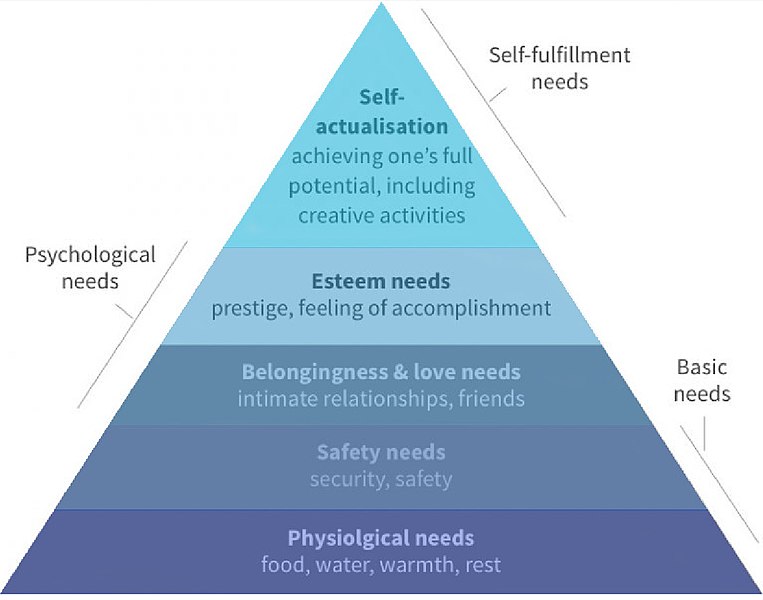
The goal is simple: for every aspect of Maslow’s hierarchy of needs (not to be taken as a fact, just a guide) I want to answer two questions, by practising them:
How would an atermist pursue to fill this need?
And how do we get there?
How would an atermist sleep? Can we already sleep like that, or are we missing something? What would their day look like? Where do atermists get their food? Would they fly to get from A to B? And would they take a plane right now (there is a huge difference between ideal actions and those during the transition, as we’ll see)? What clothes do they wear and posses? Would they use money? What is TUBI? And FIRE? Are atermists ultralearners? Does that even work? Would they live monogamous forever? What would you vote for as an atermist? Conservative? Progressive? Or something else entirely? Would you have friends, if you could lose them, but are immortal? And last but not least, what’s the meaning of life anyway?
God, do I love long lists of questions. Always fun to see, that you know nothing (are you paying attention, Jon Snow?).
Most of these questions are floating around unanswered in my head. But you can also see, that if the answer is: “that doesn’t exist yet”, how this list can inspire new ideas, products, business plans, solution providers, even the seed for entirely new industries. An atermistic revolution.
I, for example, believe, that an atermistic clothing solution doesn’t exist yet. There are simply no clothes that I would willingly put on me, let alone purchase, as an immortal today. Too expensive over time, nearly no features that keep you alive, never mind making you comfortable, in all environments (we literally have to build giant concrete structures around us, with machines inside, that burn dinosaur remains to randomly accelerate gas molecules, that may or may not hit us, just to not freeze to death and feel cosy. Because our clothes somehow don’t do that. Absolutely ridiculous.), you have to wash them all the damn time, and if you do, you poison your own drinking water with detergents and literally hundred-thousands of microplastic threads, they break all the time, lose form, or are just not trendy/funny/interesting/you-name-it anymore, and, ehm, did I mention f***ing child labour?
Yeah. No thanks.
(Just a warning, I try to be positive and passionate and stuff, but goddamit do I hate the fashion and aviation industry. So if I rant about these two, just take it with a grain of salt. Everybody needs a punching bag or in their case a f’***ing shooting target. Why these? Well, they are more challenging then obviously-evil-guys like the petrol industry or the military-industrial-complex, but definitely on par when it comes to destroying livelihoods.)
The point is, that practice of atermism is a good way to sharpen my definitions, illustrate the explanations and most importantly help validate or disprove certain results of questioning. Therefore, the practice of atermism will remain the main focus of this blog, interwoven with essays and thoughts around deeper theoretical aspects.
I presume there is just one last question I need to answer before we can take a deep dive int the guts of atermism.
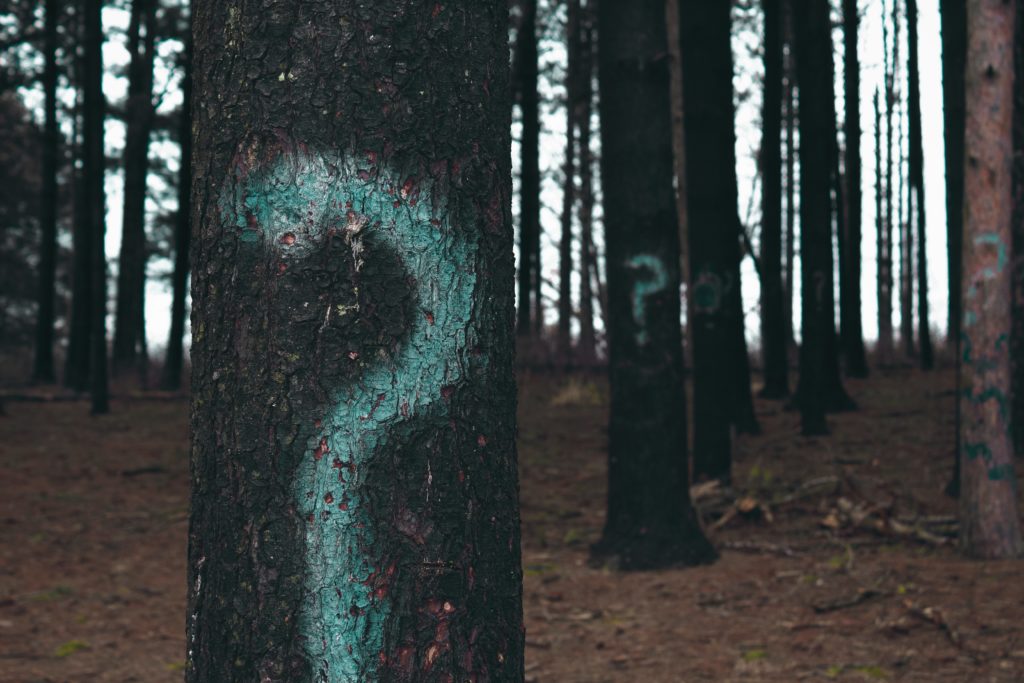
Why do all this?
Why dedicate years of my life to prove a strange idea I had in high school? Why do I plan to study communication psychology, political economy, environmental engineering, philosophy, history, data science, physics, in that order, just to validate something I am not sure is correct anyway? Why write a blog, even before I have certainty? Why, just why, go so hard all-in, with nothing but a gut feeling?
To be honest, I don’t know yet. That’s part of the word gut feeling.
But right now I can think of two main points.
The first is personal.
Atermism, and the quests and explorations it entails, are the best framework I found for my learning endeavours. Like a guiding light, it allows me to answer those questions that I am most interested in. What are we humans doing to ourself? What should we be doing? And why the f*** am I here?
The second is of a more global nature.
I see a rise of uncertainty in my generation. A feeling of weirdness. A vibration like the calm before a storm. But I also hear a rising voice, that we are already in it, that all is already lost. A simultaneous impression of sleepwalking into doom and waking up already tied up in hell.
I would attribute this paradoxically to the biggest uplifting of human suffering. Never in history where their (in absolute terms) more people not working in fields or factories, not out for survival, but actually thinking. It’s like humanity has woken up, lifted from the ivory-tower philosophy of the past, finally able to answer the big questions.
But it has found nothing. Still governed by old structures, rituals and political systems of ancient times, we found nothing but nothingness.
When you define your life by your work and contribution to society, but mindless automata are just better at that, when your self-derived justification of existence is being outsourced, stuff turns dark quickly.
When you cheerfully exit school to travel the world and you find it in disarray, bleached, suffocated and burned, you lose hope quickly.
When you enter university to begin writing your own destiny and you realize none of these skills will actually matter (and I studied cutting-edge nanoscience, not the arts), that when you leave school a different clown sits at the political top, undoing its predecessors work, bit and qbit density has more than quadrupled, making your dream job either obsolete or making it easier for you to turn those from others obsolete, you become paralyzed. Perfect prey for the only jobs still in demand: catching millions in nets of addiction.
I could go on. Nobody today is joking around about “first-world” problems anymore. We have learned the hard way that the problems of the rich quickly become future problems for the masses. Essentially, money can only help so much with loneliness, depression, addiction and ultimately meaninglessness, and so the tragedy of the western world unfolds.
But this is only one side of the coin. The schizophrenia of our time is, that while we have a massively confused, but at least wealthy part of society, the rest is left behind, stuck with day to day fears in a world that is entirely build against them. A world where food security is plummetting as the climate evolves, water and air poisoned for production, social mobility systematically hindered, racism on the rise and resource wars already undergoing.
On the look for a central story, I think there are currently two forces at work, two trends that together culminate in a world we don’t want to imagine.
First, as a natural counter-reaction to globalization and enormous global competition for finite resources spatial selfishness is on the rise. Second, through the thoroughly scrutinized and well-meaning, but often gloomy, warnings of experts in climate systems, AI research, sociology, economy, etc., timely selfishness is on the rise too. All-against-all, everybody on their own, and carpe diem, enjoy-the-moment are growing sentiments of our time.
This doesn’t mean we are there yet. If nothing of what you read the last minutes resonated with you even a bit, I can understand you. But if you would ask those of us unable to sleep, frightened about the future, you would unanimously get this answer: You are just not frightened yet. Just wait and you will fear for your life too. And this sentiment is itself what keeps me up. The point of all of this is not that the world is shit. It isn’t even that much. The point is that people feel like it will only get worse. If you’d ask me, the most dangerous form of self-fulfilling prophecy.
Why? Because these reactions are only natural. They are what drives us through times of scarcity, even imaginary ones. It even let’s some of us survive. When you run for your life, you only have two thoughts: run and you. Now and here. But together they bring with it something that I baldly claim to be the largest challenge humanity has ever faced, something so unprecedented, so disrupting, it surpasses everything you fear, simply because it contains everything you do:
The death of egoistic altruism.
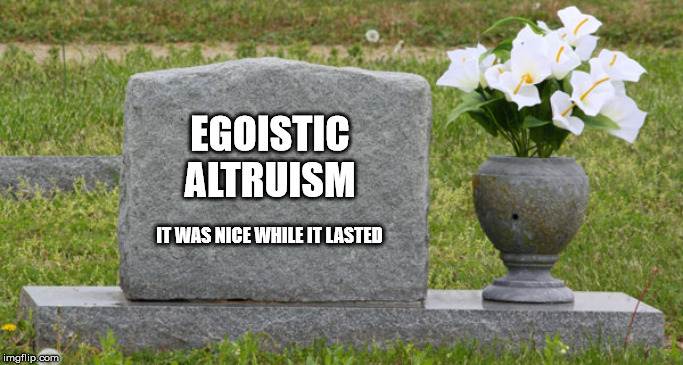
Where does that leave us?
Don’t worry if you didn’t understand a word I am saying. I will talk at length about all of this. I will probably dedicate multiple posts just to the topic of egoistic altruism alone. Because the phrase above also gives me hope. It relates all the “problems of humanity” with another and takes away the perverse incentive of the attention economy to say that this is the biggest problem, no this, no it’s obviously that thing there, donate here to save us, please, thank you. (Yes, I just wrote this, fully aware that I am running a non-profit for maritime conservation. The irony is strong, I know.) And this “relating” I see the strength. It is the common enemy. Its mere existence can unite us. Wich, tada, is the only lifeline we can throw at egoistic altruism.
Lastly, before I let you go, I just want to talk briefly about what atermism actually is. A cult? Religion? Strange Ideology? Or just a harmless thought on a blog that will sink unnoticed into the schism of internet history?
I hope for none of the above. For me, atermism is simply a tool. A lense to ask better questions. Instead of asking: “Should you torture and kill animals to have a nice sensation in your mouth?”, which will only create massive twitter outrages, endless arguments about “relative moralism”, feelings of anger and regret on all sides, and sadly, but unsurprisingly, little change for the better, we can rephrase the question:
“Given that I am personally, physically and consciously immortal, and that I am fully and solely responsible for whether the world I live in is eternal hell or infinite bliss, and I should prefer the latter, given all of that, is meat the best source of energy I can consume today?”
Maybe you now already see what I do. A world, where those who can afford to have civil discussions, use them to help those who can’t, those alive today in poverty and all who are still to be borne.
